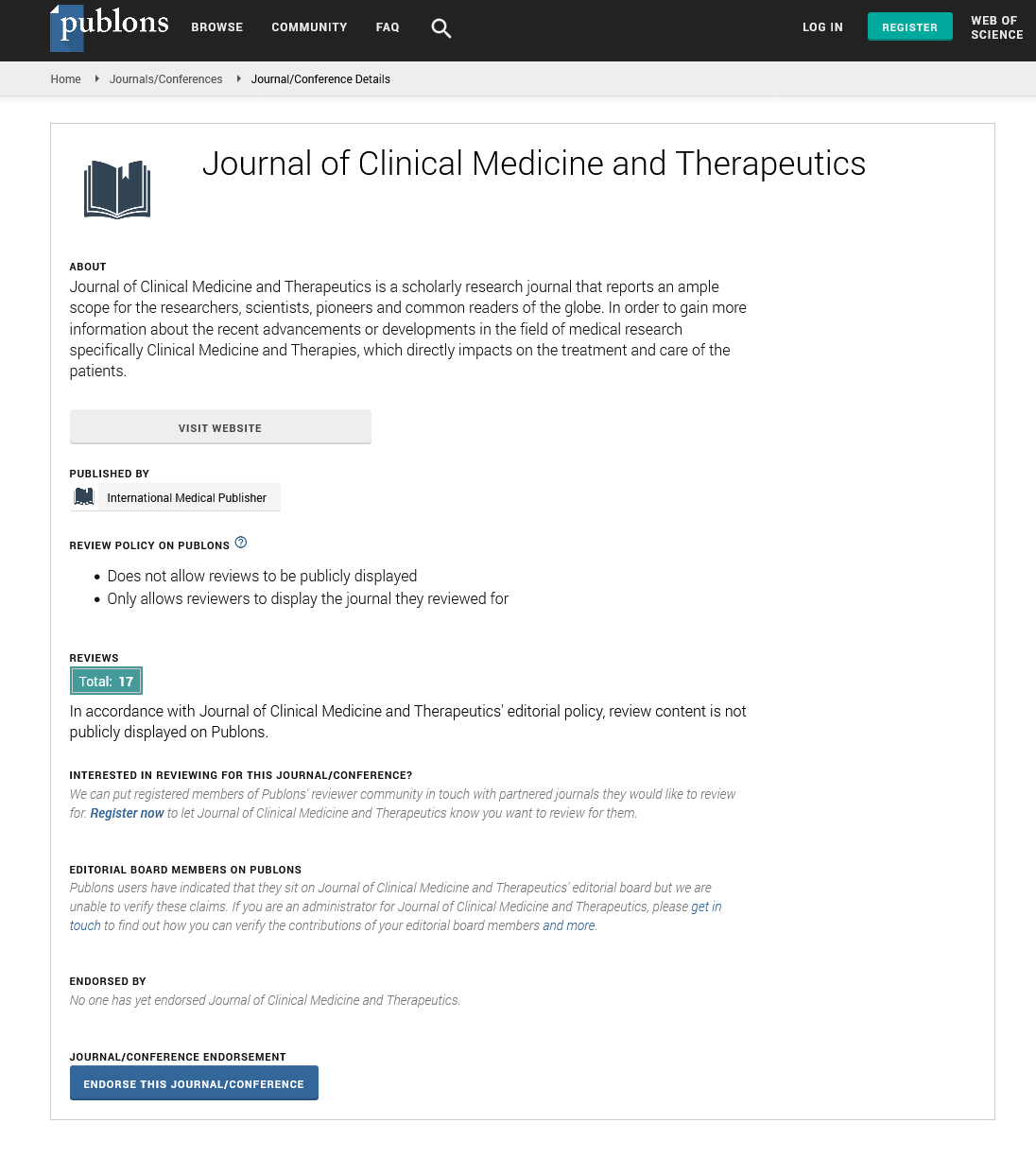Abstract
Pharmacologic Treatment of Attention Deficit Disorder in Children and Adolescents: Executive Function Agents, Stimulants, and Sympathomimetic Amines
In the treatment of Attention-Deficit/Hyperactivity Disorder (ADHD) in children and adolescents, the prescriber may consider both stimulants and non-stimulant medications; in addition, there are some over the counter substances and adjunct medications that may be helpful in mitigation or resolution of symptoms. Behavioral, environmental and psycho-social approaches should be instituted in association with pharmacology and extra caution and conservatism should be used in all children and adolescent patients. When making clinical decisions, it is important to consider use of both immediate release and sustained release stimulant preparations, as well as to carefully consider first line agents as well as second line or adjunct agents. It has been long recognized that the prominent central nervous system neurochemicals intimately involved with ADHD symptoms affect dopamine and/or norepinephrine receptor systems.
Author(s): Ryan Mast, Bethany Harper, Kaitlyn Pollock and Julie P Gentile
Abstract | Full-Text | PDF
Share This Article
Google Scholar citation report
Citations : 95
Journal of Clinical Medicine and Therapeutics received 95 citations as per Google Scholar report
Journal of Clinical Medicine and Therapeutics peer review process verified at publons
Abstracted/Indexed in
- Publons
- Secret Search Engine Labs
Open Access Journals
- Aquaculture & Veterinary Science
- Chemistry & Chemical Sciences
- Clinical Sciences
- Engineering
- General Science
- Genetics & Molecular Biology
- Health Care & Nursing
- Immunology & Microbiology
- Materials Science
- Mathematics & Physics
- Medical Sciences
- Neurology & Psychiatry
- Oncology & Cancer Science
- Pharmaceutical Sciences

